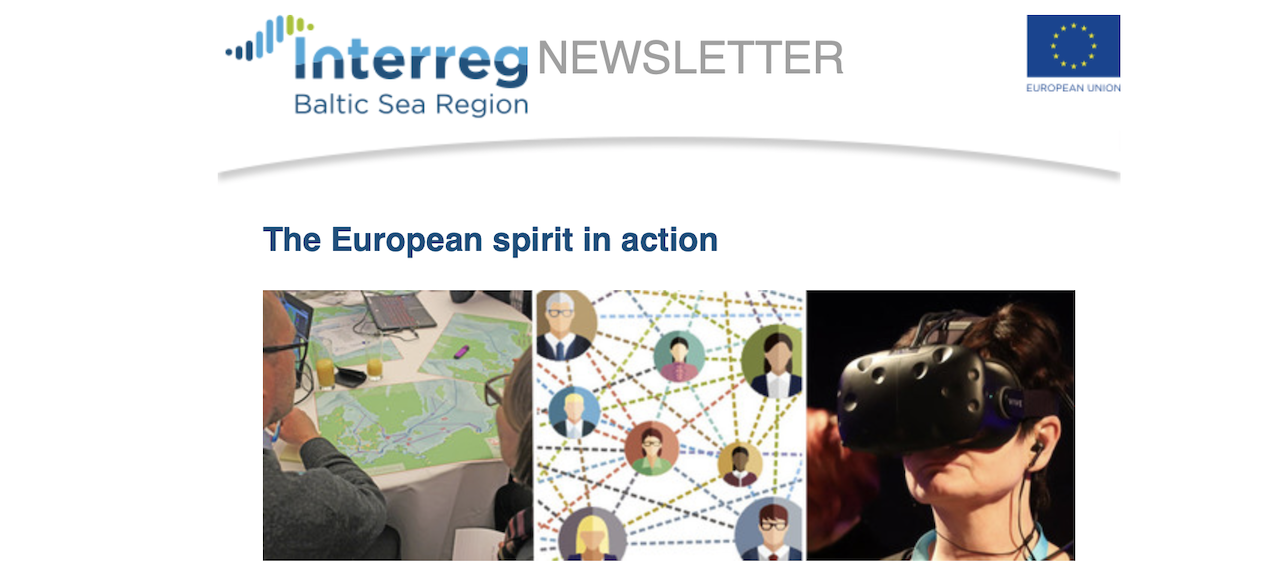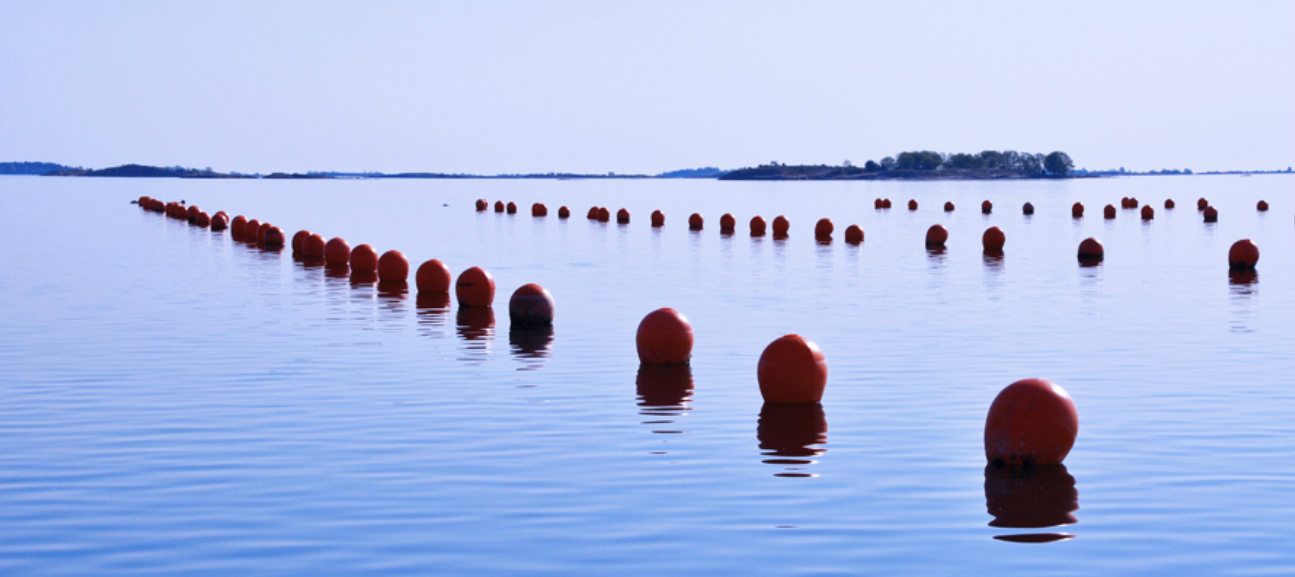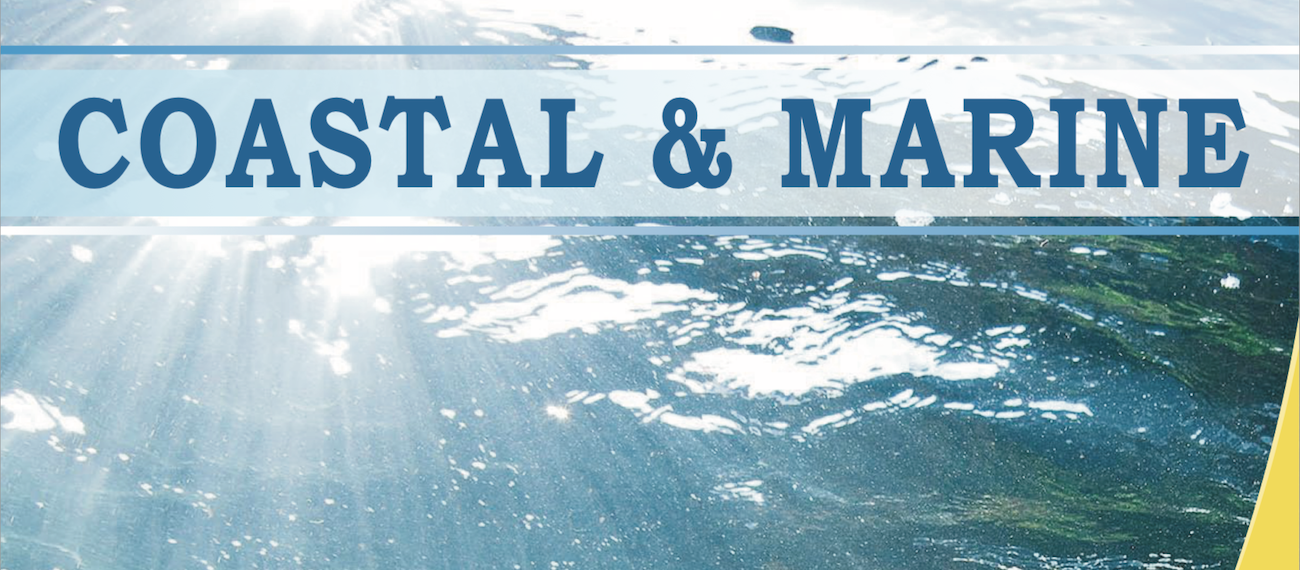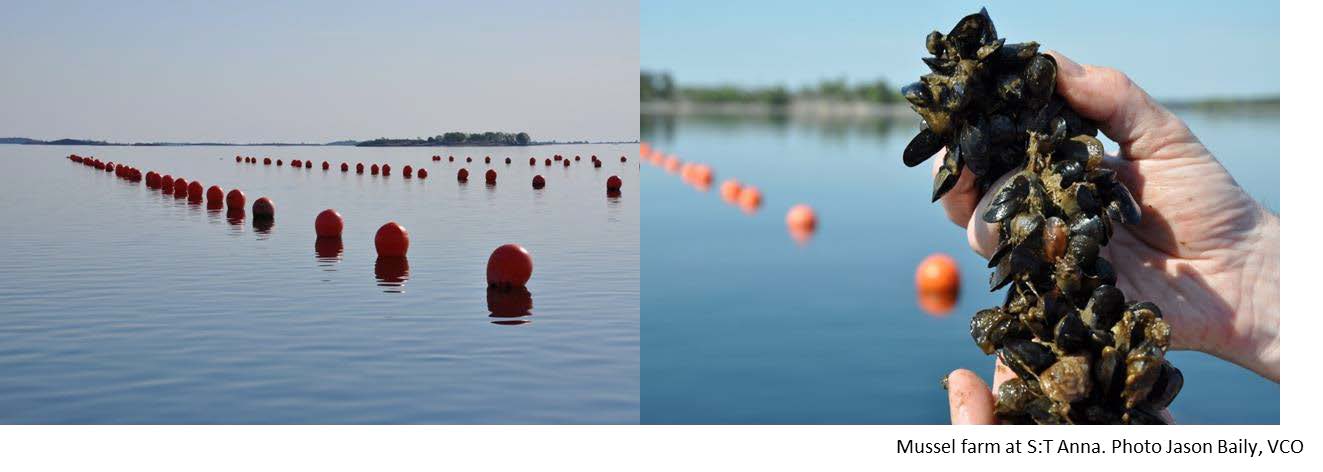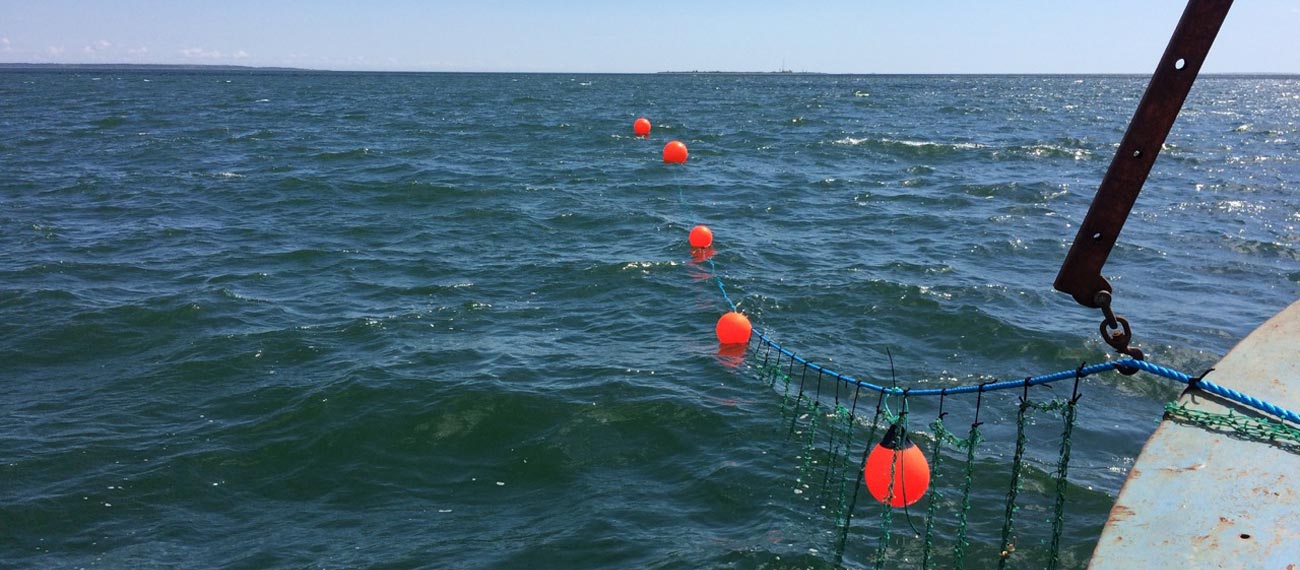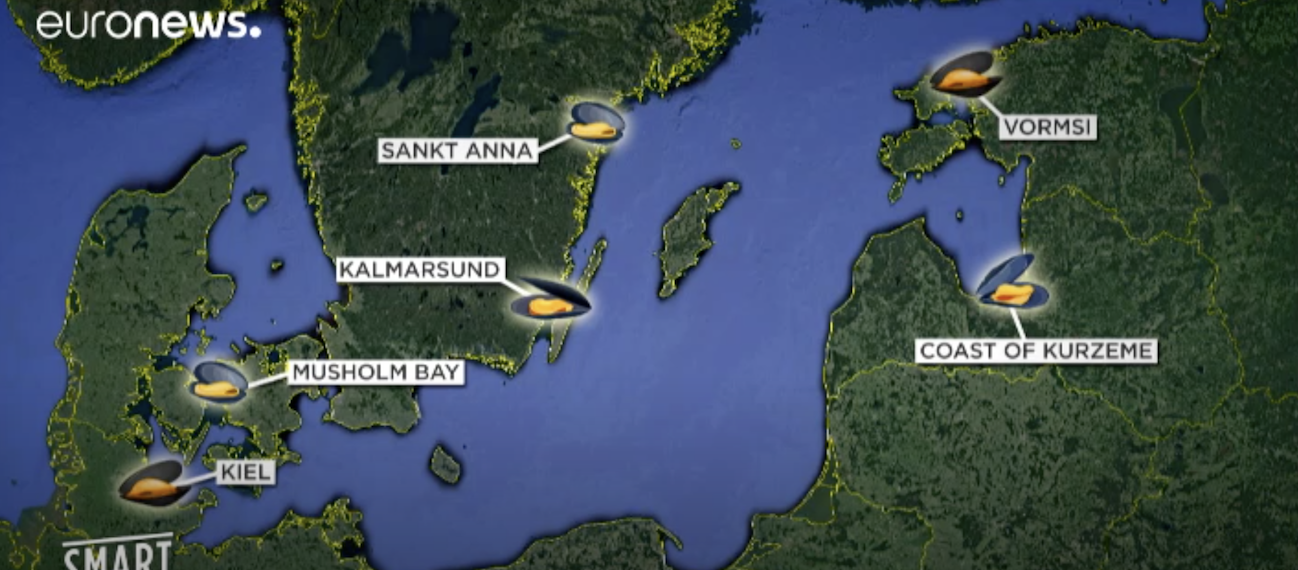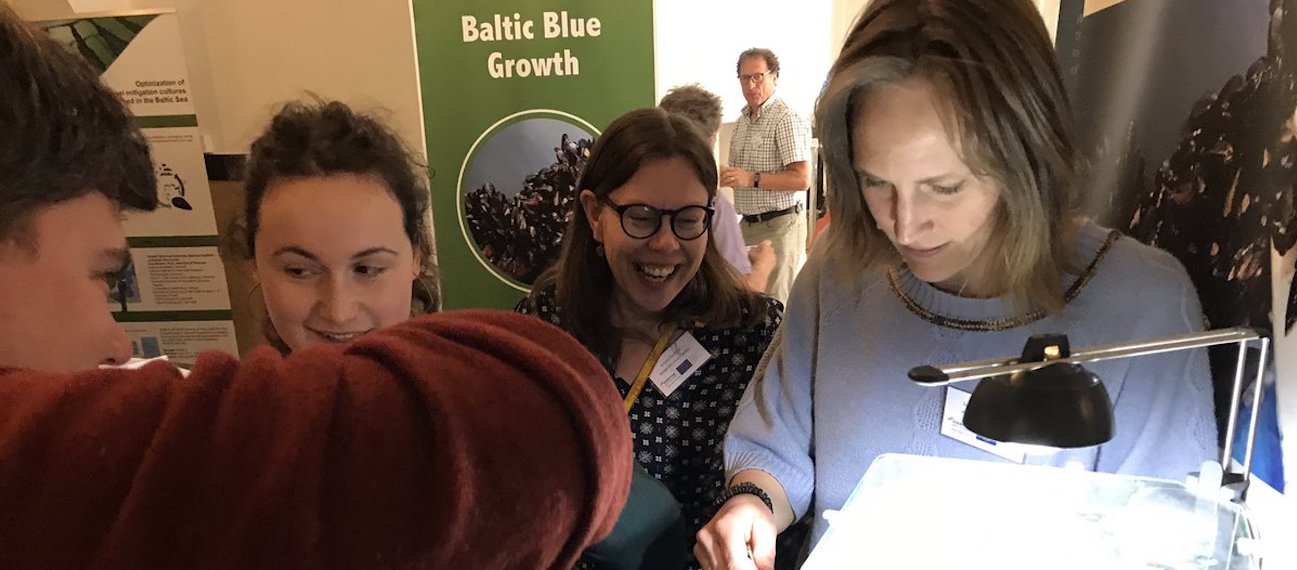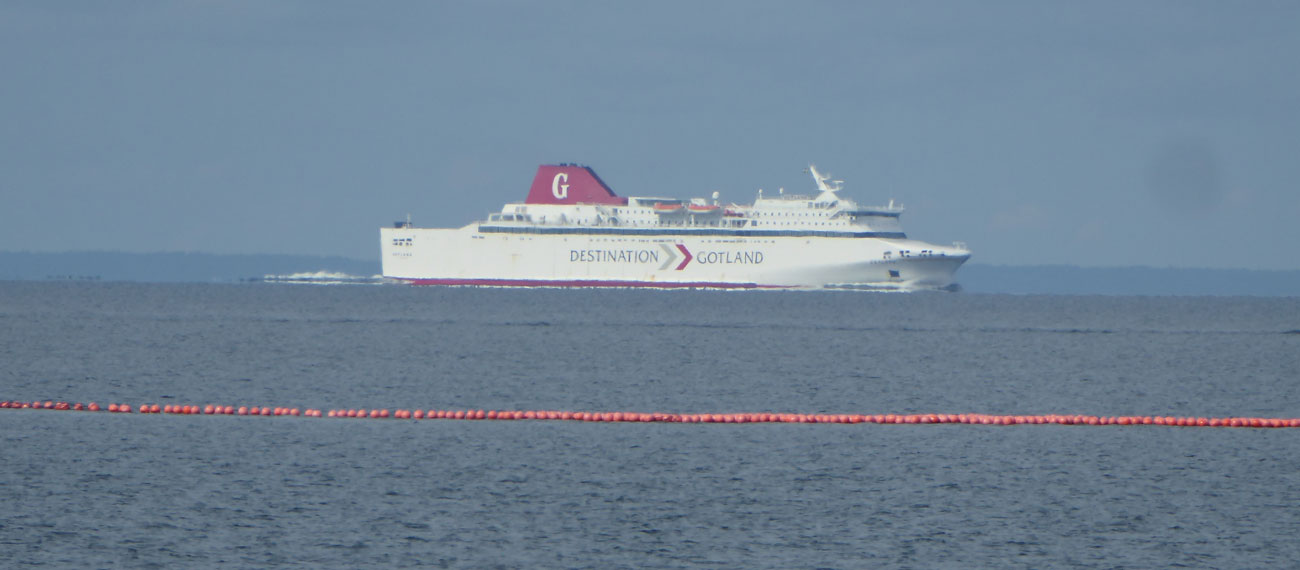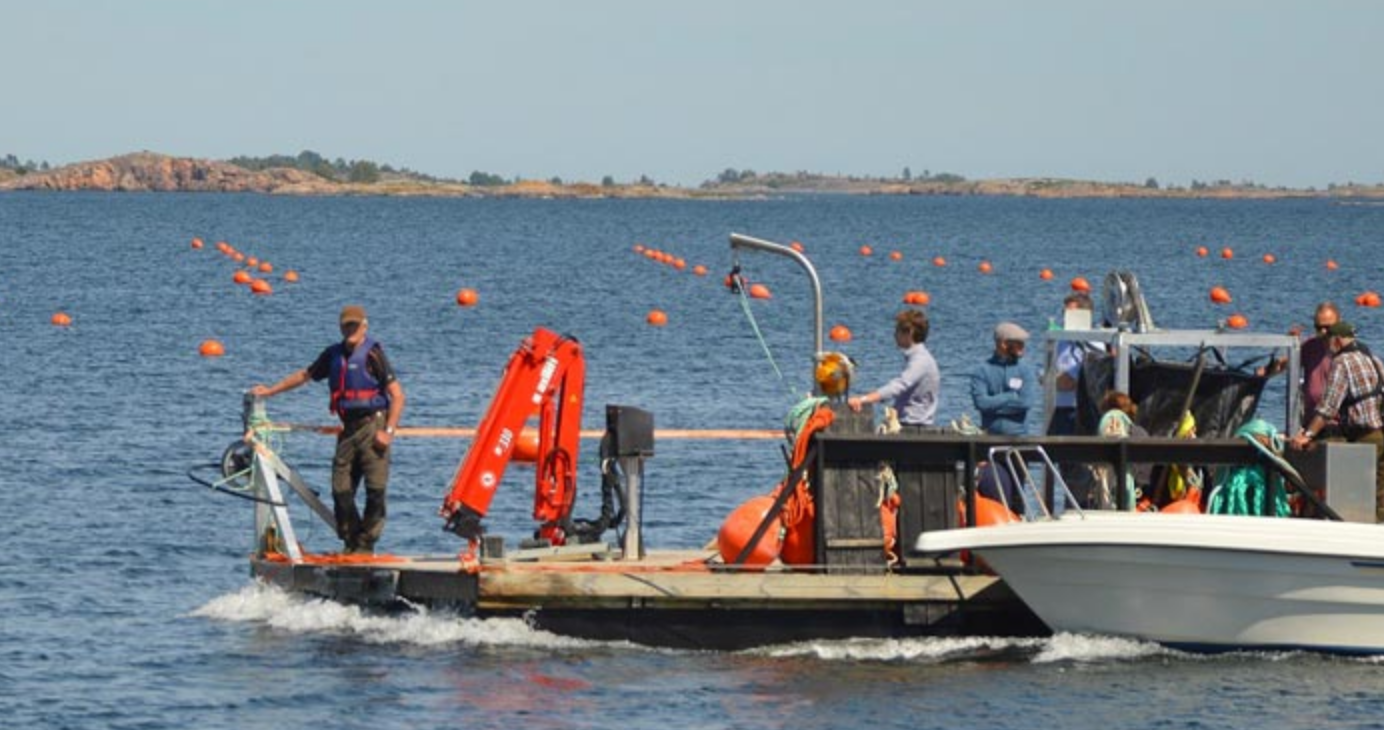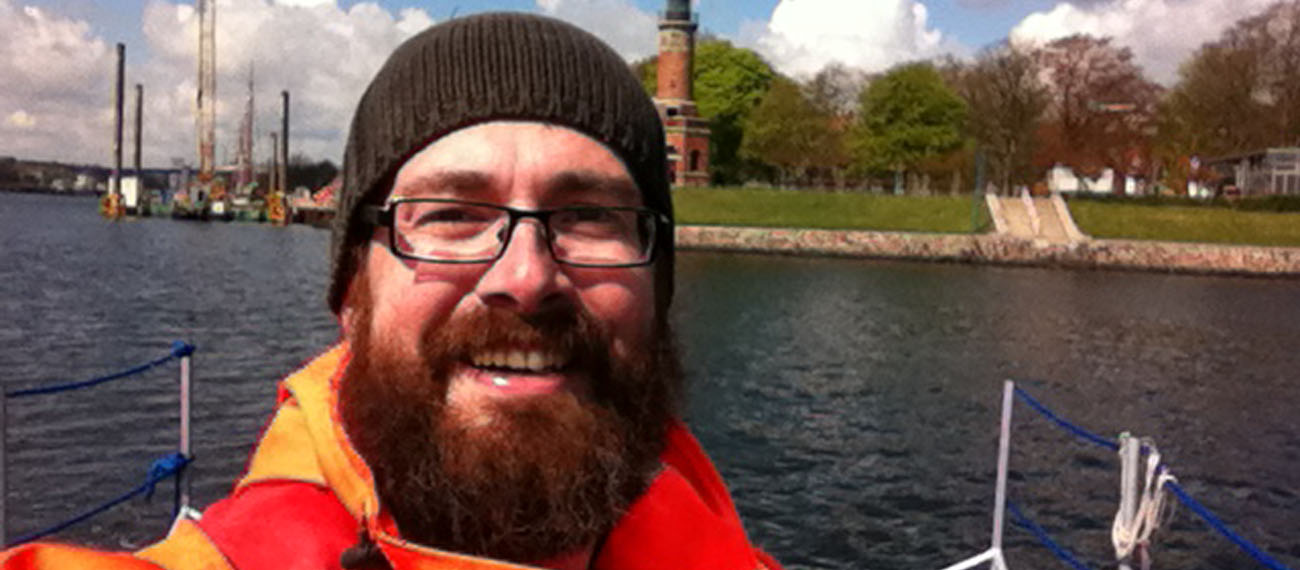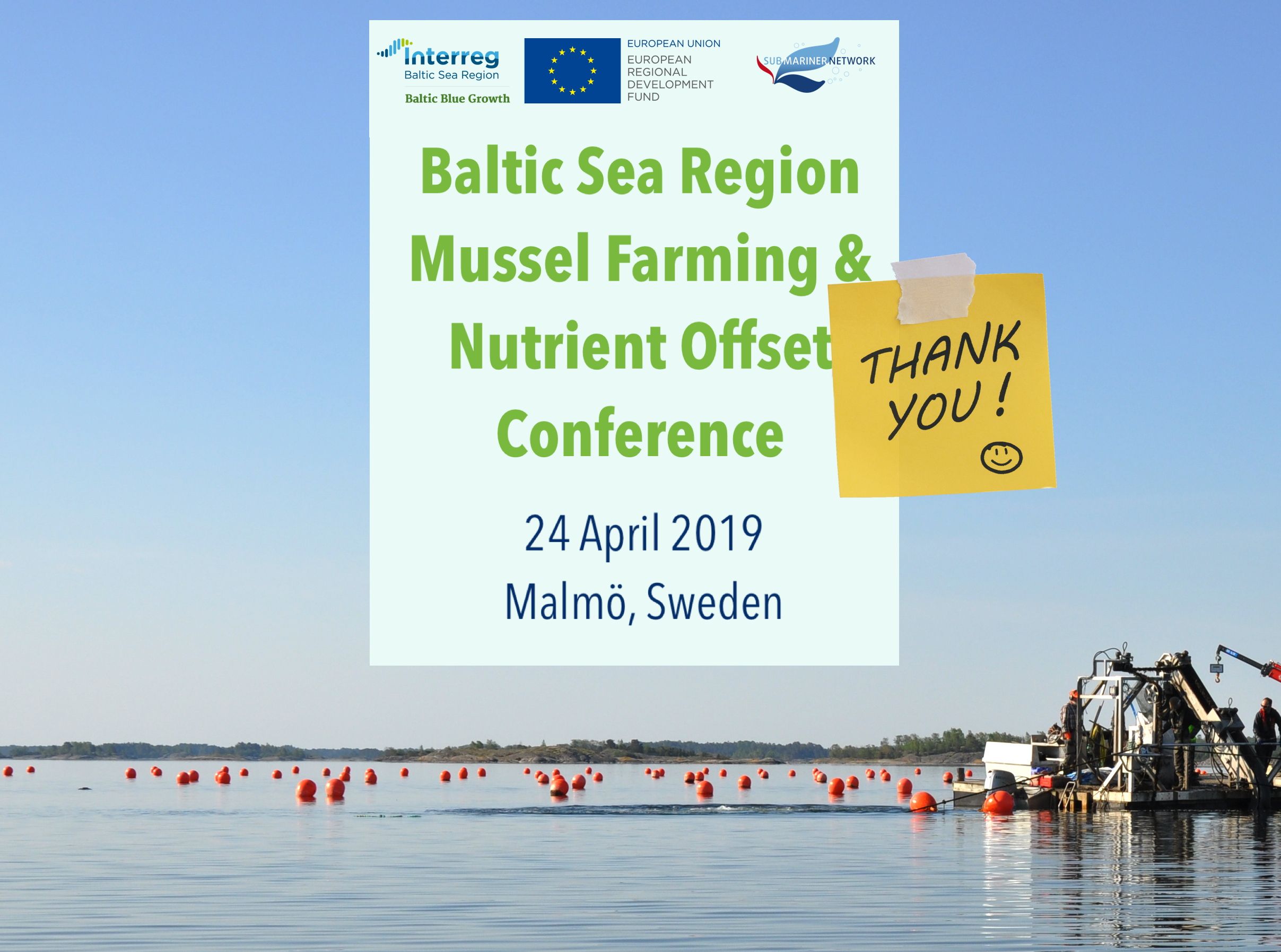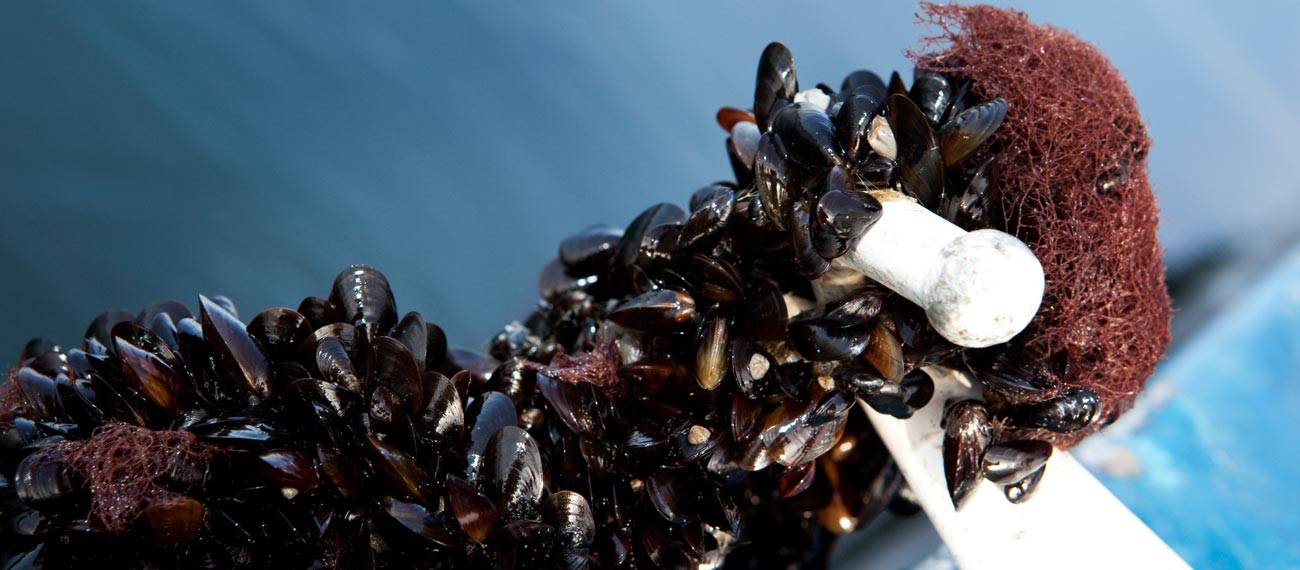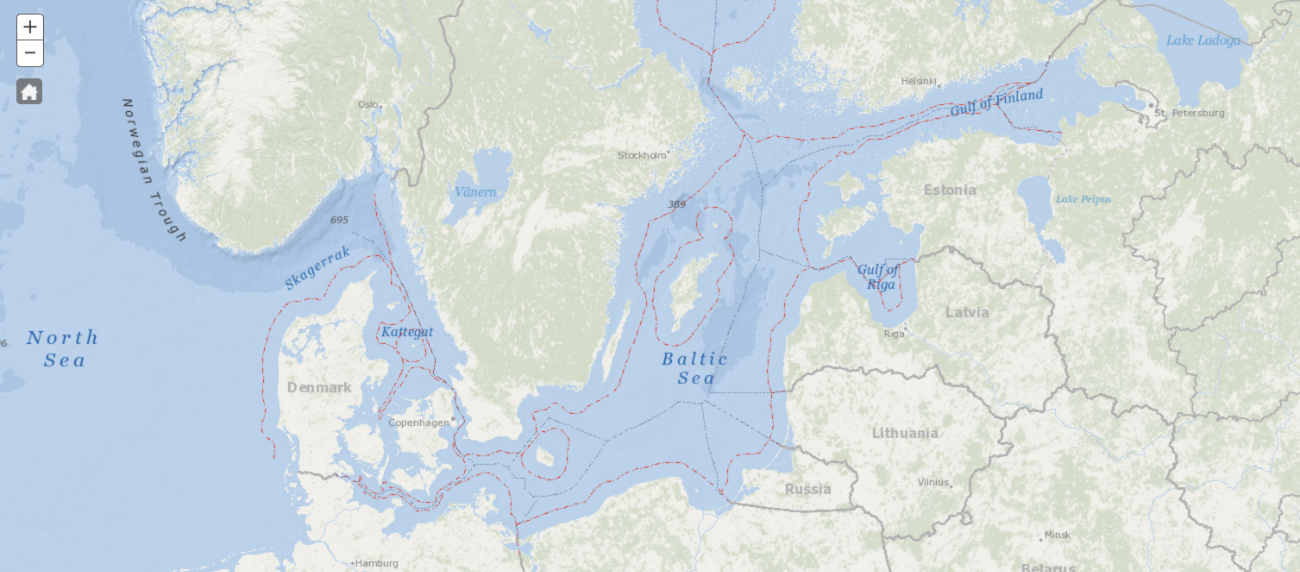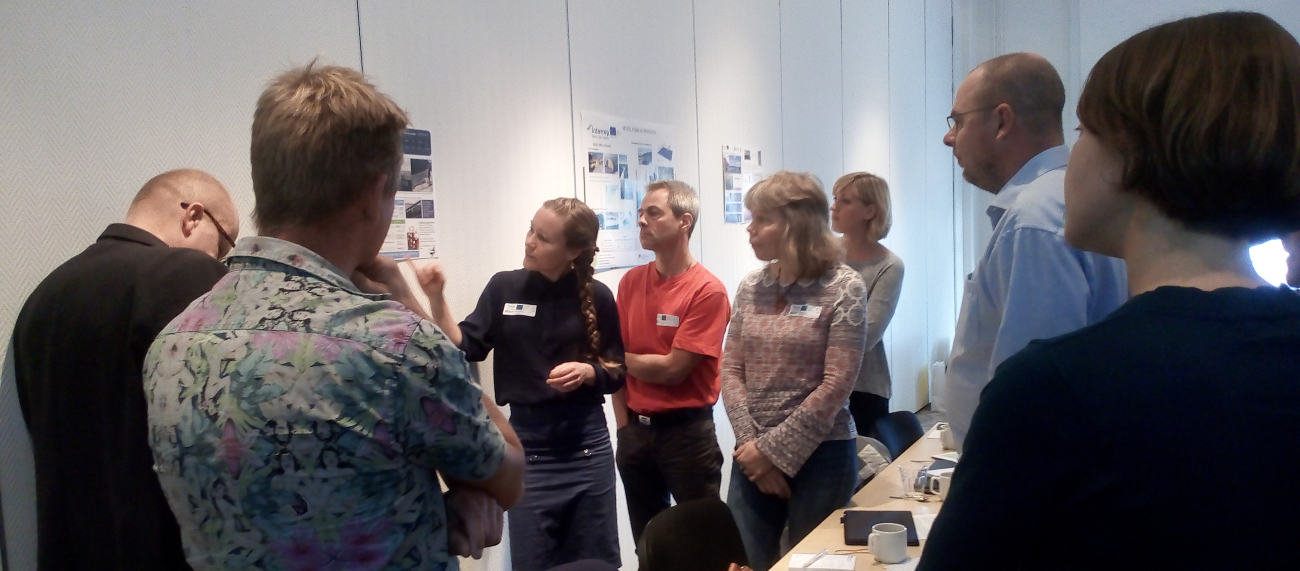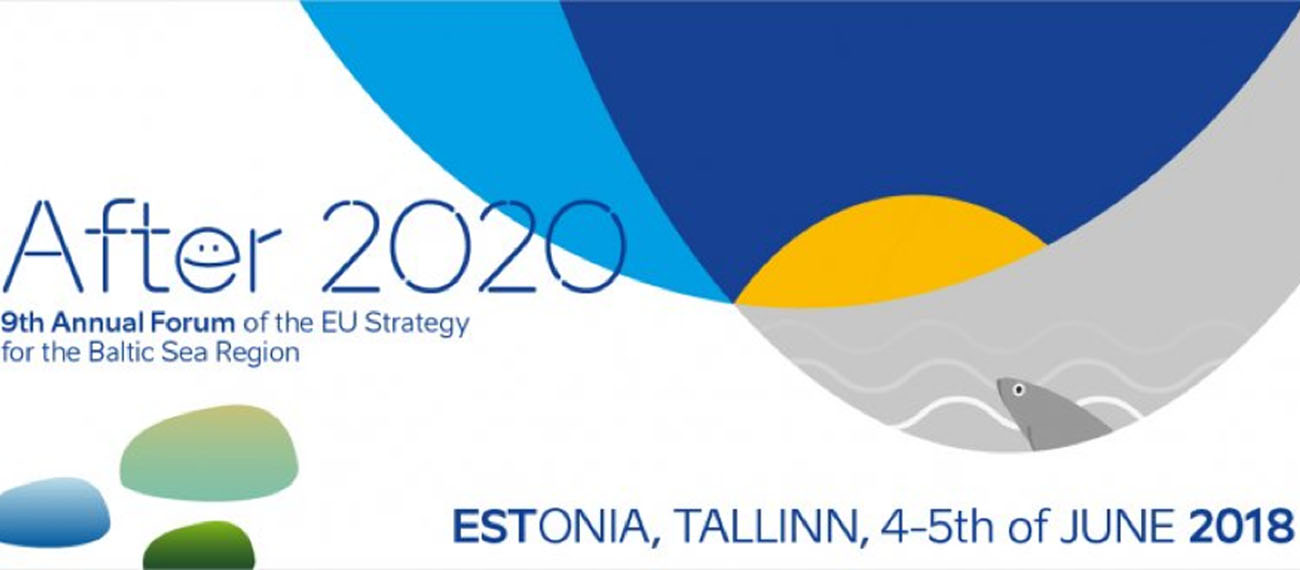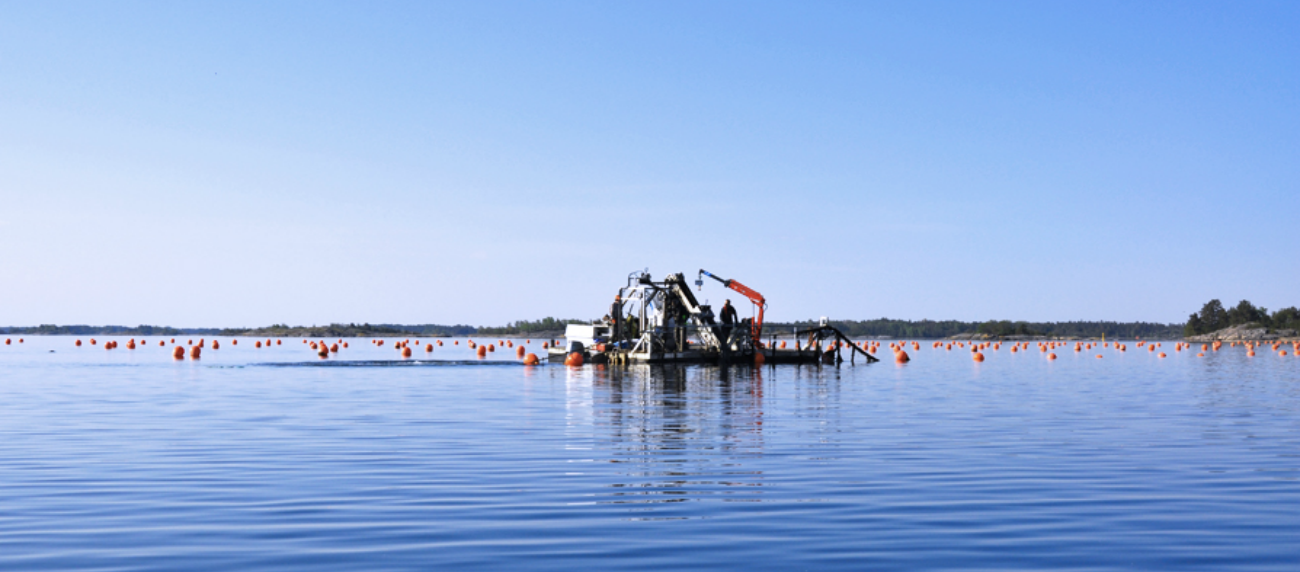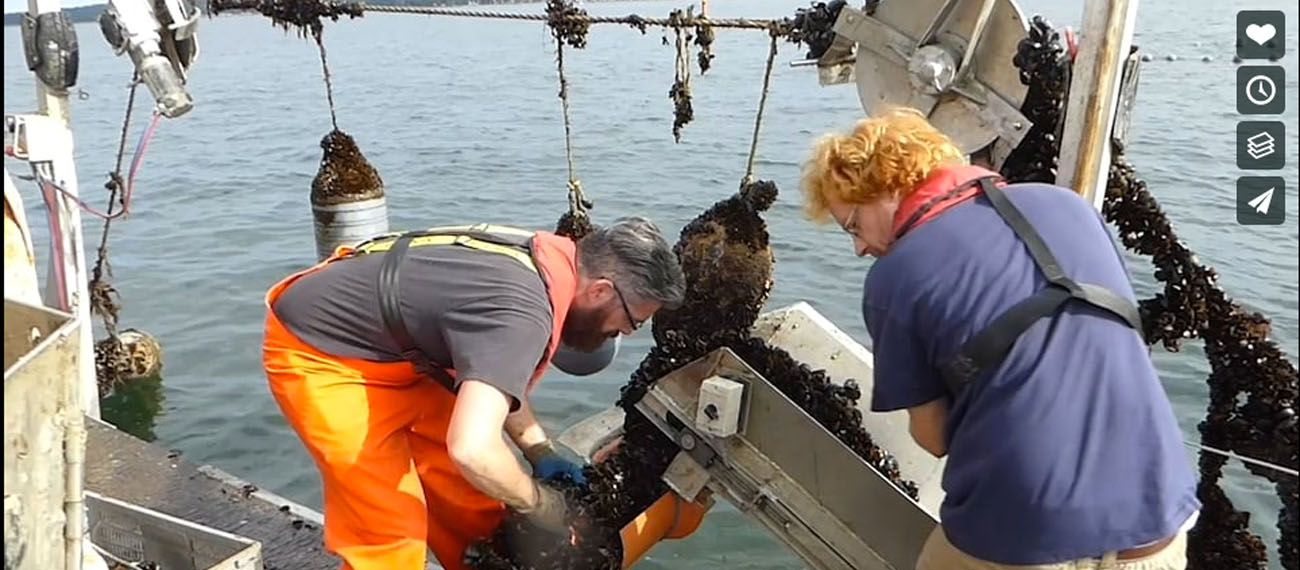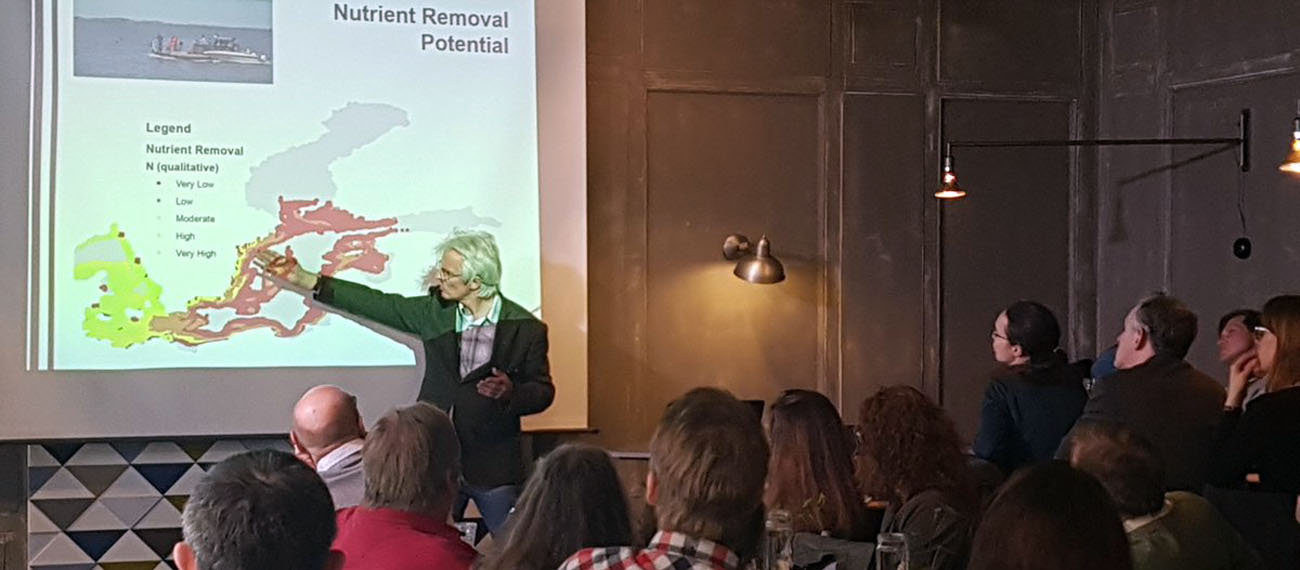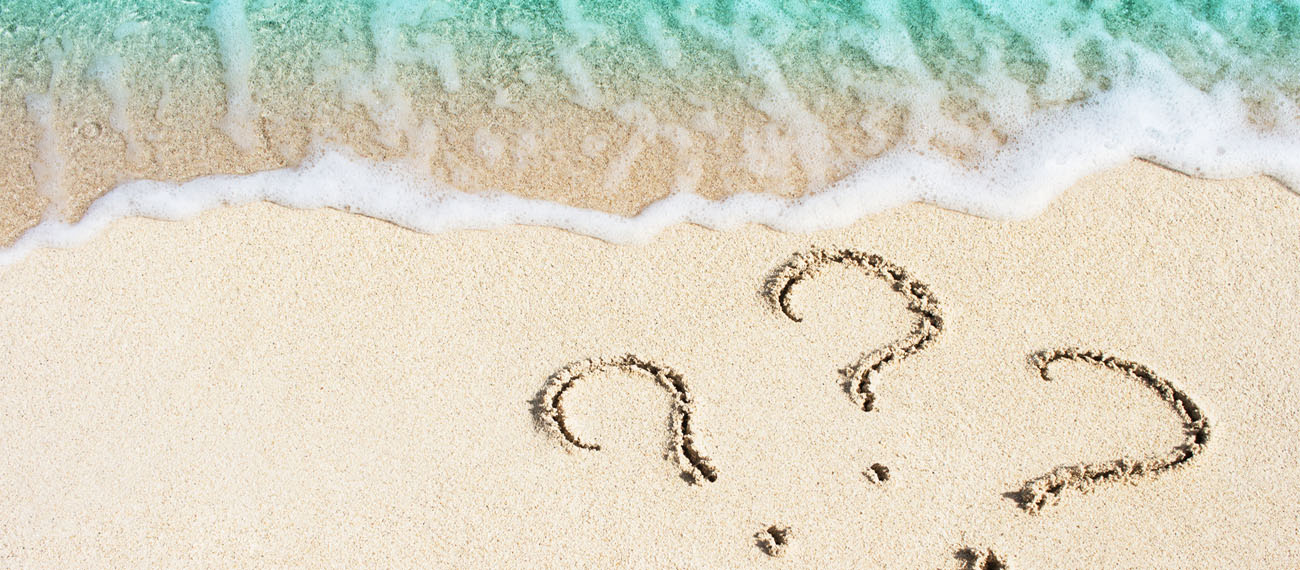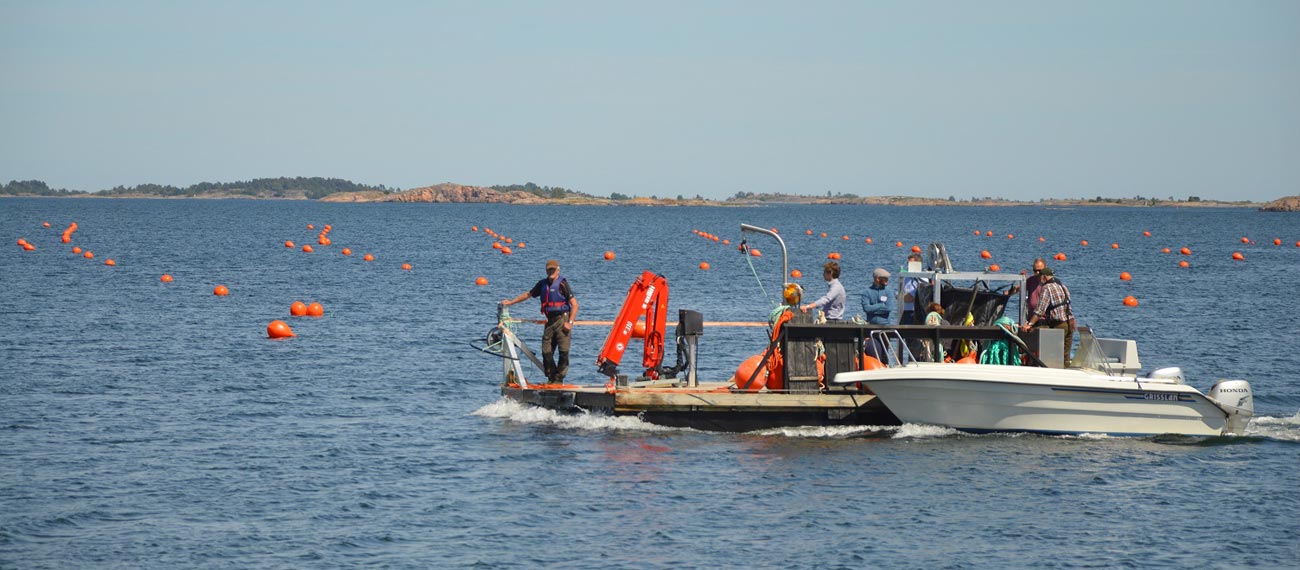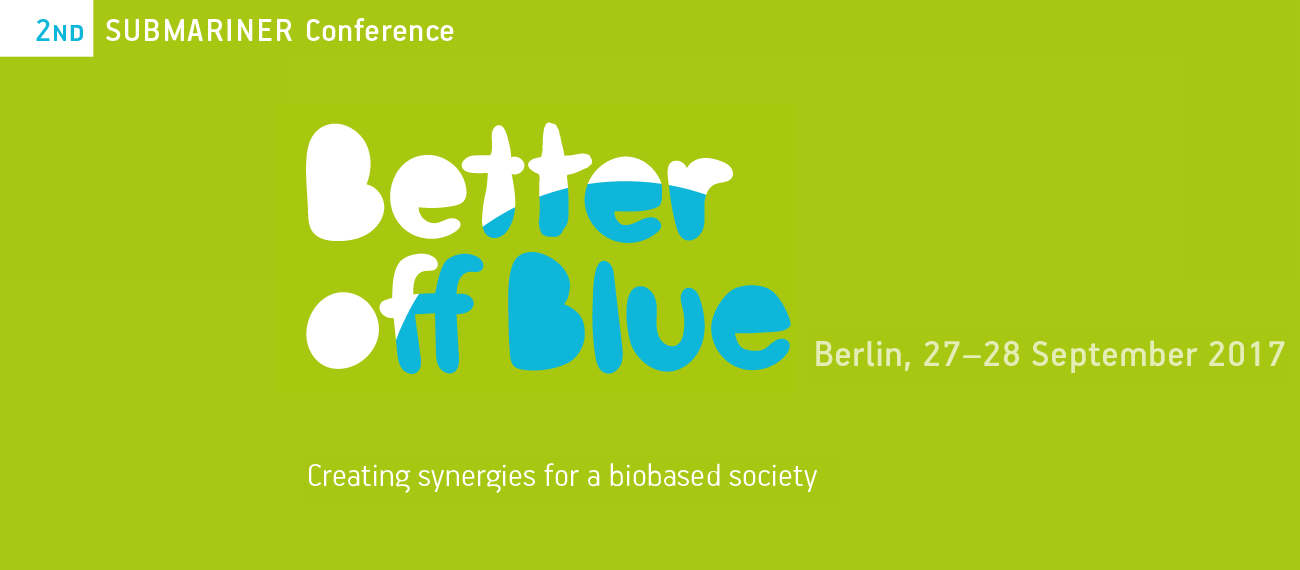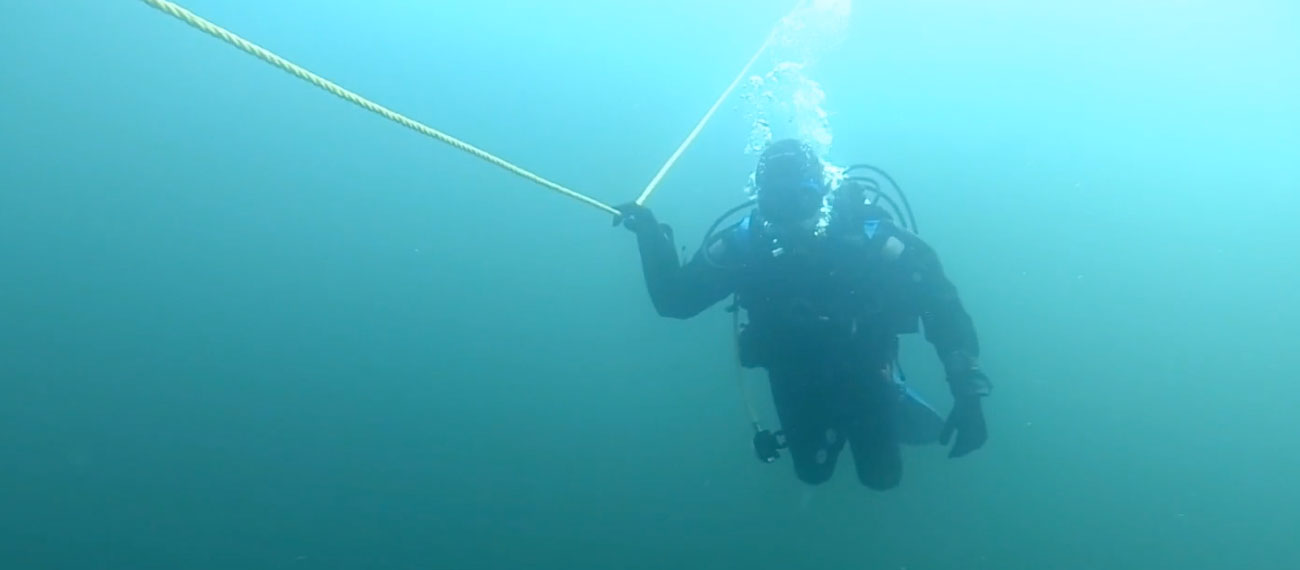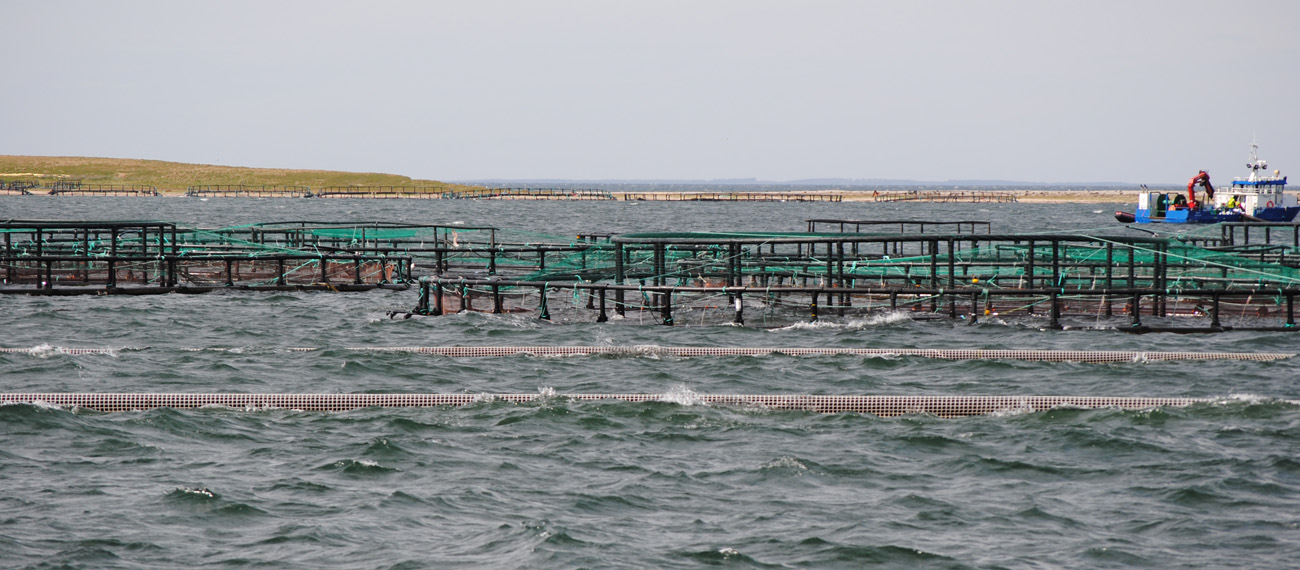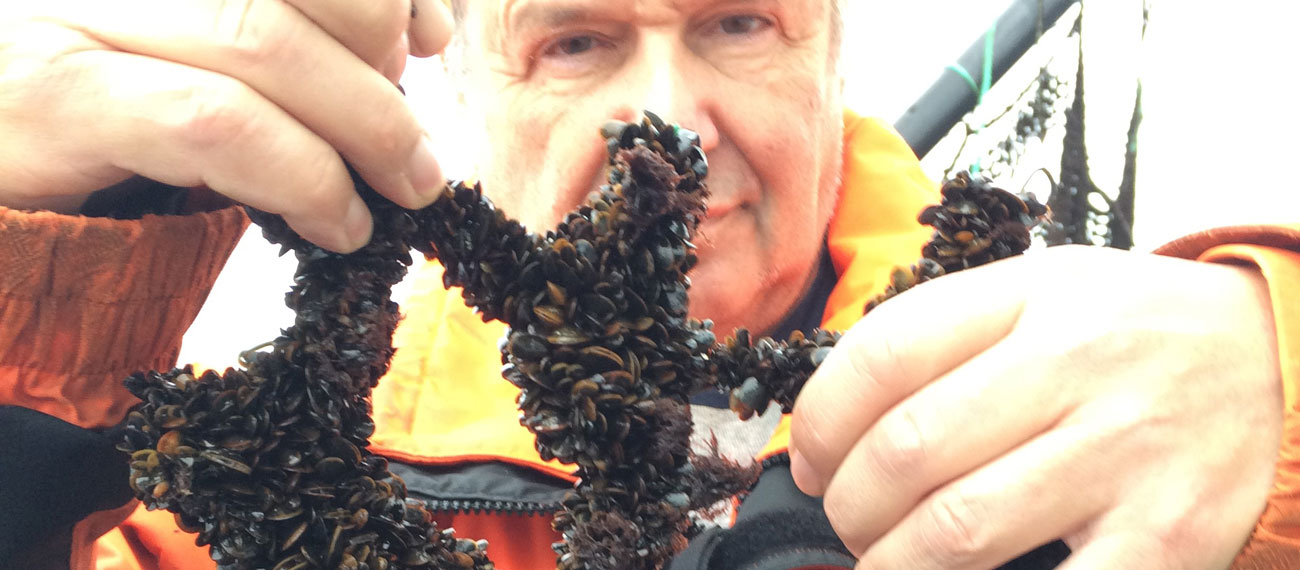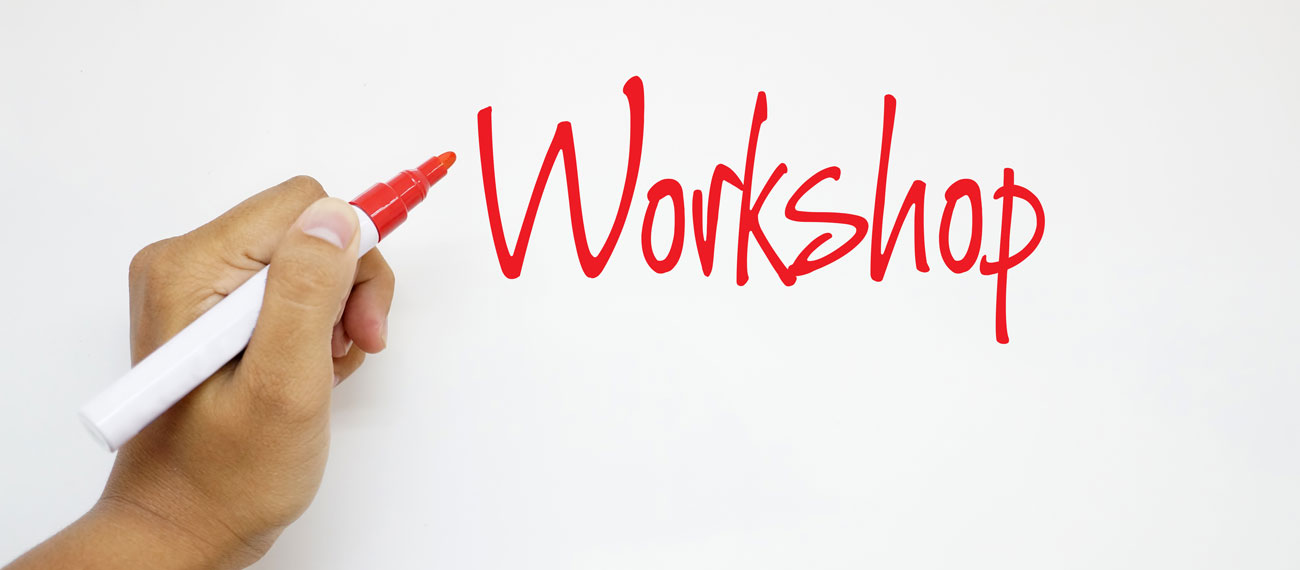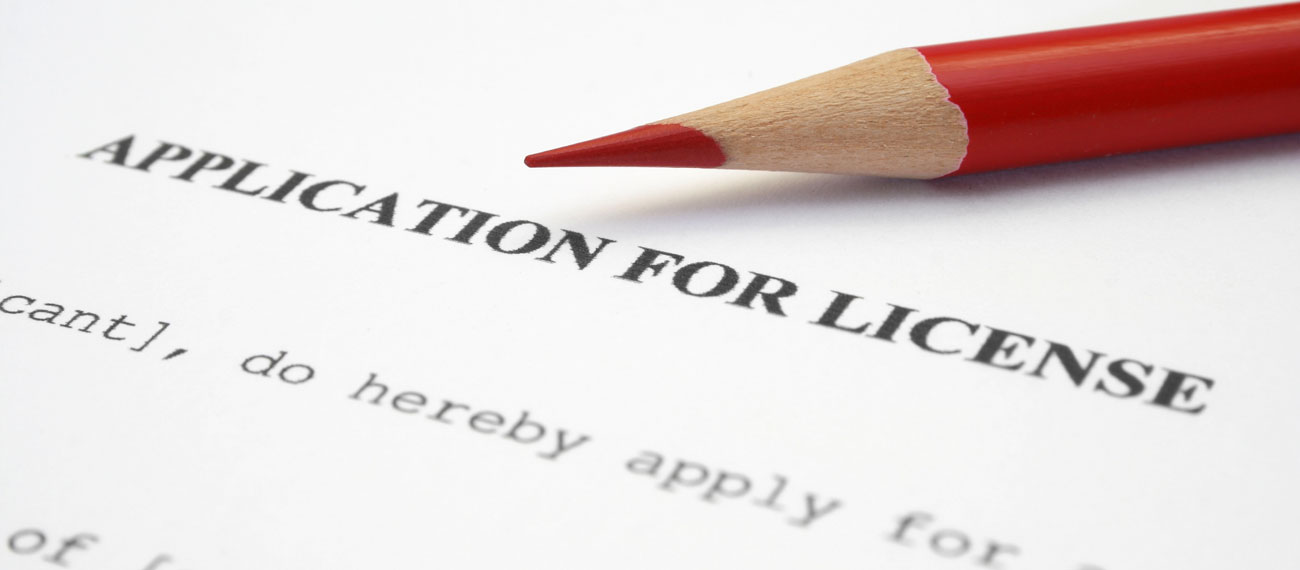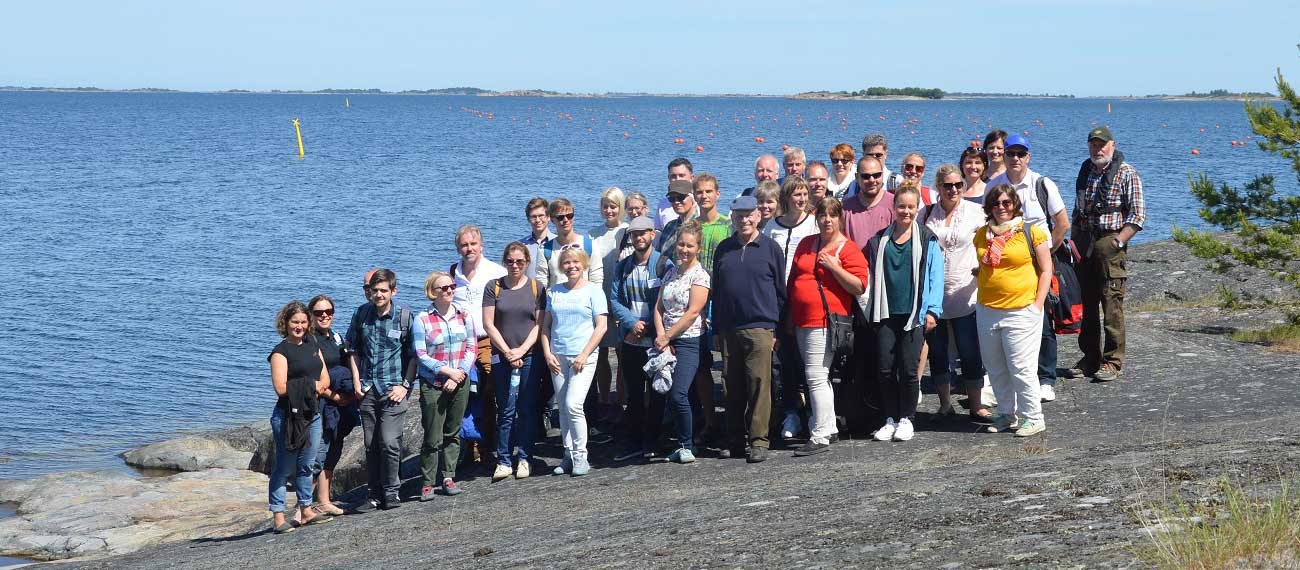Baltic Blue Growth news and events
-
SUBMARINER launches Mussels Working Group
The SUBMARINER Network has launched a Mussels Working Group to further research, promote and cooperate across the Baltic mussel production chain. A group of mussel farmers that were involved in the Baltic Blue Growth project have agreed to continue cooperation, to work on joint monitoring standards and to share and publish their data. The Working Group will also continue working on legal issues and potential certification of mussels.
-
BBG featured in the latest edition of the Interreg BSR newsletter
The Interreg BSR newsletter highlights the importance of the Baltic Blue Growth project mentioned by Commissioner Karmenu Vella at the EU Strategy for the Baltic Sea Region.
-
Baltic Blue Growth featured in French aquaculture magazine “Cultures Marines”
The SUBMARINER Network project Baltic Blue Growth was highlighted in an article published in the French aquaculture magazine “Cultures Marines” (in French).
Blue mussel farming in the Baltic Sea
The current issue of 'Coastal & Marine' is dedicated to projects and initiatives on blue mussel farming as a measure to improve the water quality in the Baltic Sea. Check out SUBMARINER Network's contribution "Full-scale mussel farming to counteract eutrophication and create new Blue Growth opportunities".'Mussel farming in the Baltic Sea as an environmental measure - new positive data' A factsheet from SLU Aquaculture in collaboration with SUBMARINER Network
New results show that mussel farms in the Baltic Sea can make a significant contribution to reducing eutrophication while supporting the circular economy and circular food production. In order to take mussel farming to the next step, further improvements to farm technology are required, larger farms must be implemented, and new knowledge is needed about how harvested mussels can be efficiently reintroduced back into the food system.
PA INNO Meeting on the EUSBSR revision process
Submariner Network participated in a meeting organized by PA Inno dealing with the EUSBSR PA INNO contribution to the EUSBSR revision process. As flagship project of PA INNO Submariner Network is an important element of the action plan of PA INNO.Baltic Blue Growth featured on blog post PA Nutri
The Baltic Blue Growth project has been featured in a blog post written by PA Nutri (Sanni Turunen, Policy Area Nutri Coordinator). The post elaborates on how the project has implemented several pilot mussel farms in the Baltic Sea and explored under which biological and financial conditions mussel farming is possible. The full post is included below.
Baltic Blue Growth project featured in Euronews
This week saw the broadcasting of the Baltic Blue Growth project on the Euronews channel. Congratulations to the project partners in Kiel and the Swedish University of Agricultural Sciences! ??BBG project finalised at the ‘Baltic Sea Mussel Farming and Nutrient Offset Conference’ in Malmö
In the context of the recently finalised ‘Baltic Blue Growth’ project, a conference was organised on 24 April in Malmö, Sweden, that brought together experts from across the Baltic Sea Region, including many representatives from Baltic mussels or mussels-related projects. The day was organised around three sessions, focusing on Science and Technology; Business and Finance; and Outreach.
Meet the farmer: Urmas Pau
As mussel farmers are an integral part of the Baltic Blue Growth project, the new online section Mussel community will introduce a selection of farmers in more in detail, describing their personal motives for managing a mussel farm. The Baltic Blue Growth mussel farm on Vormsi Island in Estonia is the easternmost farm within the project. It is cultivating mussels in the same area as red algae.
Meet the Mussel Community: Jens Körge from Kalmar Municipality
As mussel farmers are an integral part of the Baltic Blue Growth project, the new online section Mussel community will introduce a selection of farmers and other actors in more detail, describing their motives for becoming involved with a mussel farm. The Baltic Blue Growth mussel farm in Kalmarsund, Sweden enjoys the involvement of the municipality.
Meet the farmer: Mats Emilsson
As mussel farmers are an integral part of the Baltic Blue Growth project, the section Mussel community introduces a selection of farmers in more in detail, describing their personal motives for managing a mussel farm. The Baltic Blue Growth Sankt Anna mussel farm is the first full-scale mussel farm with a long-line system on the Swedish East Coast.
Meet the farmer: Dr. Tim Staufenberger
As mussel farmers are an integral part of the Baltic Blue Growth project, the new online section Mussel community will introduce a selection of farmers in more in detail, describing their personal motives for managing a mussel farm. The Baltic Blue Growth mussel farm in the Kiel Bay is an extension to the existing farm producing mussel for human consumption.
REGISTER for the Baltic Sea Mussel Farming & Nutrient Offset Conference
The aim of the conference was to raise awareness on the benefits and opportunities of Baltic mussel production and use, and to discuss a future Baltic mussel farming Working Group that works to maximise these benefits in the Baltic Sea Region.
German Stakeholder Meeting a great success
The German stakeholder meeting was co-organised under the Baltic Blue Growth project and provided a comprehensive overview of the state of affairs within the Baltic Sea mussel farming in Sweden, Denmark and Germany.
German Stakeholder Meeting: mussel farming & water quality in the Baltic Sea'
Three years past its launch, the project Baltic Blue Growth provides impressive findings and innovative offers for the beneift of the next generation of mussel farms in the Baltic Sea. Mussel research plants installed within the frame of BONUS Optimus helped to improve the water salinity indicators. BBG stakeholders will meet in Rostock on 19 March.
Plan your own mussel farm in the Baltic Sea: Operational Decision Support System (ODSS)
Do you want to know where are the best spots for mussel farming in the Baltic Sea? What the environmental impacts of such a farm could be? Look no further, the BBG project has launched its Operational Decision Support System (ODSS) with a “plan your farm” feature.
Experts and practitioners discuss mussel cultivation techniques in the Baltic Sea
A transnational workshop took place on the Öland island off the south-east coast of Sweden. 25 experts and practitioners from across the Baltic Sea as well as Canada came together to share experiences and to give advice on the best techniques and how to turn mussel farming into a profitable business.
SUBMARINER Network attended the 9th Annual Forum of the EUSBSR in Tallinn on 4 – 5 June 2018
The Forum was hosted by the Ministry of Foreign Affairs of Estonia together with the Baltic Development Forum in close cooperation with the European Commission, Ministry of Environment and other partners. About 770 participants from governments, international organisations, NGOs, universities, local and regional administrations and businesses came together to discuss developments and challenges in the Baltic Sea Region (BSR).
A successful first harvest season in Sankt Anna, Sweden
For two years the mussels have been growing on long-lines placed in the idyllic Sankt Anna archipelago on the Swedish east coast. Some mussels were harvested in December 2017, and now it was finally time to harvest the remaining yield.
Stakeholders meet up to discuss mussel farming and the licensing process in the Baltic Sea
In a series of stakeholder meetings in the framework of the Baltic Blue Growth Project Kalmar County Administrative Board organized a meeting to discuss permits and licensing procedures. The goal is to create a digital guide for authorities and future practitioners on the east coast of Sweden.
Video - mussel farming in the Baltic Proper
To get more of an idea what mussel farming is actually about, watch this video with photage from farms located in the Baltic Proper.
Mussel farming hits the Swedish news!
A breakfast seminar on the potential of mussels as a measure to reduce eutrophication received national media attention in Sweden.
Baltic Blue Growth FAQs
The Baltic Blue Growth establishes fully operational mussel farms to counteract eutrophication and create new blue growth opportunities. Here are the answers to the most frequently asked questions about the project Baltic Blue Growth and mussel farming in the Baltic Sea in general.
Bioremediation with aquatic biomass
The SUBMARINER Network has identified mussel and macroalgae cultivation and harvest as possible routes to realising two of its visions for 2030: marine resources as a part of the Baltic Sea Region sustainable energy and biomass portfolio and maintaining the Baltic Sea Region’s natural capital. Mussel and algae cultivation not only alleviate eutrophication in the Baltic Sea by taking up nutrients, they are also excellent substitutes for human food and animal feed. Around the Baltic Sea, innovative projects are being implemented, where aquatic biomass play an important role in remediating eutrophication – both off and on land.
Mussel farming to the rescue - mitigating eutrophication in the Baltic Sea
Farming of blue mussels is a new, exciting solution to an old problem – eutrophication of the Baltic Sea. Mussels filtrate, extract nutrients and improve water quality, which may reduce the frequency of algal blooms. Consequently, mussel farming is being tested as an environmentally responsible tool to reduce Baltic Sea eutrophication. The farmed mussels could potentially be used as a replacement for fish meal or soya meal to feed poultry or farmed fish as well as for bioenergy production. As a response to a new study that suggest that mussels emit substantial quantities of methane, two scientists from the BBG project decided to set the record straight.
Impressions from the 2nd SUBMARINER Conference "Better Off Blue 2017"
Thank you to all the members, friends and supporters of the SUBMARINER Network who came to Berlin this week and made a success of the 2nd SUBMARINER Conference Better off Blue.
Remember to register for "Better off Blue – Creating synergies for a biobased society"
The conference will take place in Berlin, Germany on 27–28 September 2017. It will unite actors from the public, private and research domain working towards a blue bioeconomy throughout the Baltic Sea Region to showcase advances, to create synergies and stimulate active cooperation between the multitude of ongoing projects and initiatives in the region.
Video: Installing the submerged mussel farm off the Kurzeme coast
Watch this underwater footage of how the fundaments and ropes for the submerged Baltic Blue Growth mussel farm are installed. Placed in the open waters outside the Kurzeme coast in Latvia, the farm will have to withstand rapid water circulation and rough weather conditions. Therefore, the farm is submerged to a depth of about five metres.
Join us at #BetterOffBlue17 to create synergies for a biobased society
Register now for the second SUBMARINER conference "Better off Blue" taking place in Berlin, Germany on 27–28 September 2017! The conference aims to unite actors from the public, private and research domain working towards a blue bioeconomy throughout the Baltic Sea Region to showcase advances, to create synergies and stimulate active cooperation between the multitude of ongoing projects and initiatives in the region.
BBG partners come together for 3rd partner meeting in Korsør, Denmark
As harvesting time is approaching for some of the six mussel farms participating in the Baltic Blue Growth Project, the partners came together to discuss progress and challenges in Korsør. Around 40 participants took part in the two-day meeting, during which the main talking points were the post-harvest process and how to create an economically sustainable business.
Eider duck predation affected mussel growth at Musholm Bay
Baltic Blue Growth partners Orbicon and Musholm have published a summary report on the mussel growth in the Baltic Blue Growth project farm in the Danish Musholm Bay during 2016. “Predation by Eider ducks has considerably affected the mussel production at Musholm last year”, says Maren Lyngsgaard, biologist with Orbicon. The total estimated biomass at the Musholm site was only 0.2 – 3.7 tonnes per production unit, whereas up to 20–25 tonnes of mussels per production unit have been recorded at other Danish mussel farms using similar production systems.
First Baltic Blue Growth mussel farming stakeholder workshops coming up
Baltic Blue Growth has set up six demonstration mussel farms at different shores of the Baltic Sea to study the preconditions for commercial mussel cultivation at different sites and with different techniques. In each region with a project mussel farm, Baltic Blue Growth partners have now set up regional stakeholder groups, which will meet regularly over the coming years to accompany the mussel farming activities at the given location, discuss advances, challenges and perspectives for its further development.
Video: launching the Kalmarsound mussel farm
Watch the launch of the mussel farm in Byxelkrok in the Swedish Kalmarsound in June 2016! The farm is one of six mussel farms that form the basis of the Baltic Blue Growth project. Placed at the northern inlet of the Swedish Kalmarsund, it uses a submerged net-farm production system designed to withstand ice and offshore conditions.
Interview: legal requirements for mussel farming
Interreg Baltic Sea Region published an article on legal requirements for mussel farming. In the article, Baltic Blue Growth partner Roland Lemcke from the Ministry of Energy, Agriculture, Environment and Rural Areas of Schleswig-Holstein (MELUR) explains: “Establishing a new mussel farm requires a lot of different or combined licenses, of course with national features, but substantially based on a common European legal framework. Depending on the relevant national system, three, four or more different authorities are involved in such licensing processes.”
Video: Baltic Blue Growth mussel farm in Swedish TV news
Swedish public service broadcaster SVT reports about the mussel farm in Östergötland's St. Anna archipelago and the mussel farming project Baltic Blue Growth in its regional news for East Sweden. Reporter Christian Zetterdahl joined the project partners during their field trip to one of the six farms that form the basis for the three-year project.
Kick-off for Baltic Blue Growth mussel farming project
Can mussel farming improve the Baltic Sea's water quality and at the same time create new business models for animal feed production? The project Baltic Blue Growth will try to answer this question by advancing mussel farming in the Baltic Sea from experimental to full scale. It has now officially started with a kick-off meeting in Linköping, Sweden on 21-22 June 2016.


